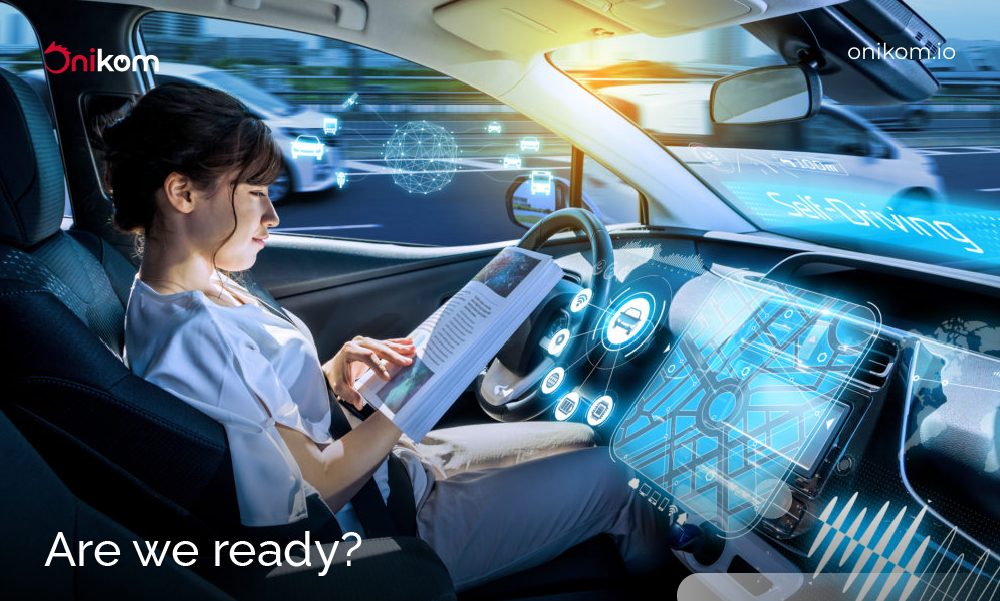Autonomous cars are vehicles capable of sensing their environment and operating without human intervention. A human passenger is not required to take control of the vehicle at any time, nor is a human passenger even required to be present in the vehicle at all. Autonomous car technology has advanced rapidly in recent years, and many companies are working hard to develop and perfect this technology.
However, there are still many challenges that must be overcome before autonomous cars can be widely adopted. For example, there are still questions about how autonomous cars interact with other vehicles and pedestrians on the road, and how unpredictable situations are handled. There are also concerns about data security and privacy, as well as who will be liable in the event of accidents.
Despite these challenges, many people are excited about the potential for autonomous cars to improve road safety and reduce driver stress and fatigue. In fact, a global survey conducted by the World Economic Forum in collaboration with the Boston Consulting Group revealed that 58% of respondents would be willing to take a ride in a fully autonomous vehicle.
In terms of examples of autonomous cars, there are several vehicles on the market that offer advanced driver assistance features that bring them closer to being able to drive themselves. Examples include the Tesla Model S, which comes equipped with Tesla’s Autopilot feature set, and the Cadillac Escalade, which is available with GM’s Super Cruise system.
